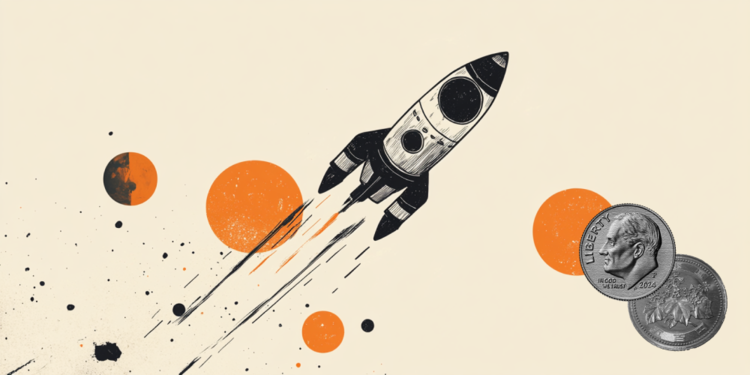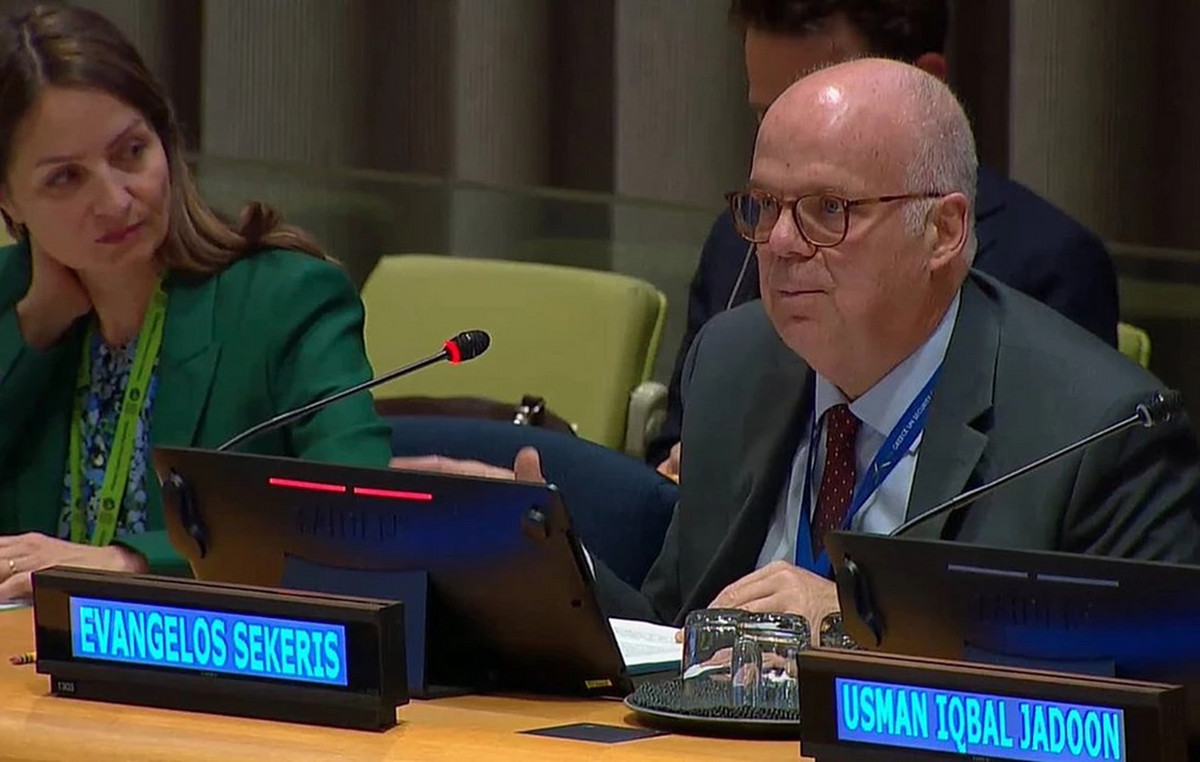The work it requires more and more self-organization skills, especially when it comes to managing time in the best possible way without risking – net of any emergencies – accumulations and worries. Precious indications on the best way to manage one’s working hours come from the so-called Parkinson’s law, taken from the well-known essay by Cyril Northcote Parkinson of 1958. In summary: «The work tends to expand according to the time we have available. So, after choosing the activities to do, it’s good set a deadline for each of them, that is, the exact day on which they must be completed », advises Cegos Italia, a leading company in management training and business consultancy. “Getting homework done in the allotted time is a huge source of motivation. Helping to increase one’s self-esteem and, therefore, individual well-being ». All this is especially important today, with the spread of hybrid work caused by the pandemic that requires new skills of self-management. That’s why we decided to delve into the topic with Alessandro ReatiHR Business Practice Leader of Cegos Italia.
In what sense “the work expands according to the time we have available”? Does this mean that we naturally tend to spread our commitments over the available time frame, consequently becoming more or less productive depending on the individual load?
“In reality, research confirms that time has two dimensions: one is objective and concerns the chronological time that we can measure; the other is subjective and depends on several variables, including the level of personal satisfaction and passion. The important thing is to be aware of the fact that the way we organize ourselves produces effects. We generally tend to occupy all the time available, especially if we have a certain degree of passion for the activities we do. But the risk is to go too far, continuing to improve gradually the work done ».
In the 1990s, new technologies promised to reduce workload. This did not happen and today, even, sometimes the new ones risk complicating rather than lightening.
«Technology today promotes addiction and, above all, causes overstimulation. It would be necessary to impose great self-discipline in the use of digital tools. For example: emails. Is it mandatory to read them continuously? No, technology doesn’t dictate that. But most of the people, especially in some cultures – like the Italian one – do it very often. It is not healthy and it is not even productive, because reading and replying to emails constantly shatters the activity and reduces the ability to concentrate. Not surprisingly, in most multinationals the rule is: “Forget to have an answer before 24/48 hours. If you have a different urgency, use other channels such as chats or phone calls ”. The ideal would be to get used to having 2-4 phases of checking emails, and one for replying, during the day ».
The general line, where to start to better organize your working time?
«The first step is to analyze in detail the type of activity that takes place and within which organization. Because being a freee lance or an employee, dealing with services or production, holding a managerial or clerk role obviously also changes exposure to work rhythms. In addition, a focus should be made on one’s individual characteristics: some are regular, others discontinuous, others are more active in the early hours of the day or at the end of the afternoon. At that point, it is necessary to identify the activities that tire and those that take place with ease, giving each the best time frame. Preferably starting from the more demanding ones, contrary to what many tend to do ».
Especially in the last two years, for obvious reasons, fatigue has increased a lot.
«Yes, we are in a“ work-related stress ”scenario. But beyond the pandemic, even under normal conditions, organizations by their nature tend to push towards overload. It should be the professional’s capacity for self-control to counterbalance, stopping to accept excessive workloads and claiming the rules of the formal game. Why it must be said: in most Italian organizations, very often workers provide hours that go well beyond their contract. And this is harmful, not only for the worker, but also for the organization. Because the more tired you are, the more badly you work. The pandemic, as an emergency, required greater tolerance from all. But now a return to normality is desirable ”.
How can an employee act in practice?
«The contract time is an important parameter. Those who have used their professional time in the best possible way, in a phase of normality and not of emergency, have every right to reject improper requests. Another key step would be to push for an agreement on how to communicate within the work group, from how to use the chats to any routine meetings. Which help a lot. For example: if I know that every Monday, Wednesday and Friday the team meets for an hour, on Tuesdays I will not need to chase my colleagues to address issues that may be addressed the following day during the meeting ».
Any indication on managing your own agenda?
«It is certainly essential to have a better view of the time. And somehow get used to correlating your rhythm with the degree of concentration. The ideal would be to use it in a complete way, not only to write down the things that escape, but also to plan activities. It is also important to learn not to over-saturate it: one meeting from 9 to 10, and another from 10 to 11 represents a risk. In short, the continuous flow must be avoided. As for the very useful agenda shared with the team, such as Outlook, the advice is instead to block it every now and then: there are moments at work that do not require phone calls, meetings or meetings, but which are still important and it is good that colleagues respect them. Because the logic of urgency must be overcome: requests that need answers or solutions in a span of 20 minutes must be an exception, not the norm. Otherwise it means that there is an organizational problem ».
Other stories of Vanity Fair that might interest you:
Portugal is the best country in the world for digital nomads
Is joining the Navy your dream? Here’s what you need to do
Work: the 20 emerging professions of 2022
Source: Vanity Fair
Donald-43Westbrook, a distinguished contributor at worldstockmarket, is celebrated for his exceptional prowess in article writing. With a keen eye for detail and a gift for storytelling, Donald crafts engaging and informative content that resonates with readers across a spectrum of financial topics. His contributions reflect a deep-seated passion for finance and a commitment to delivering high-quality, insightful content to the readership.







